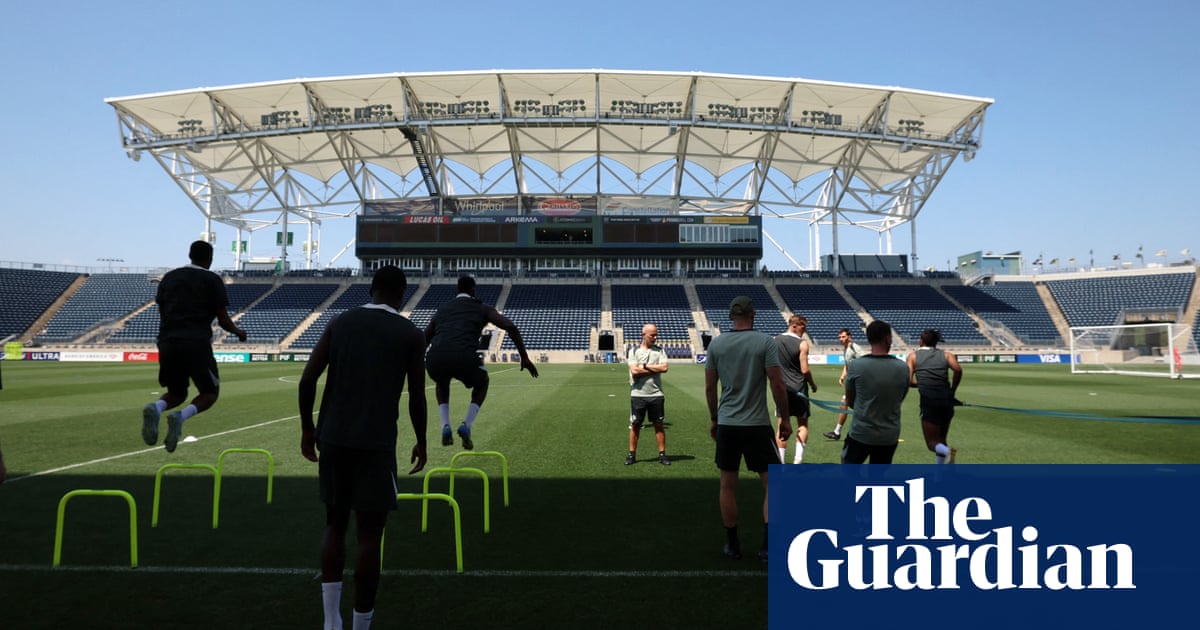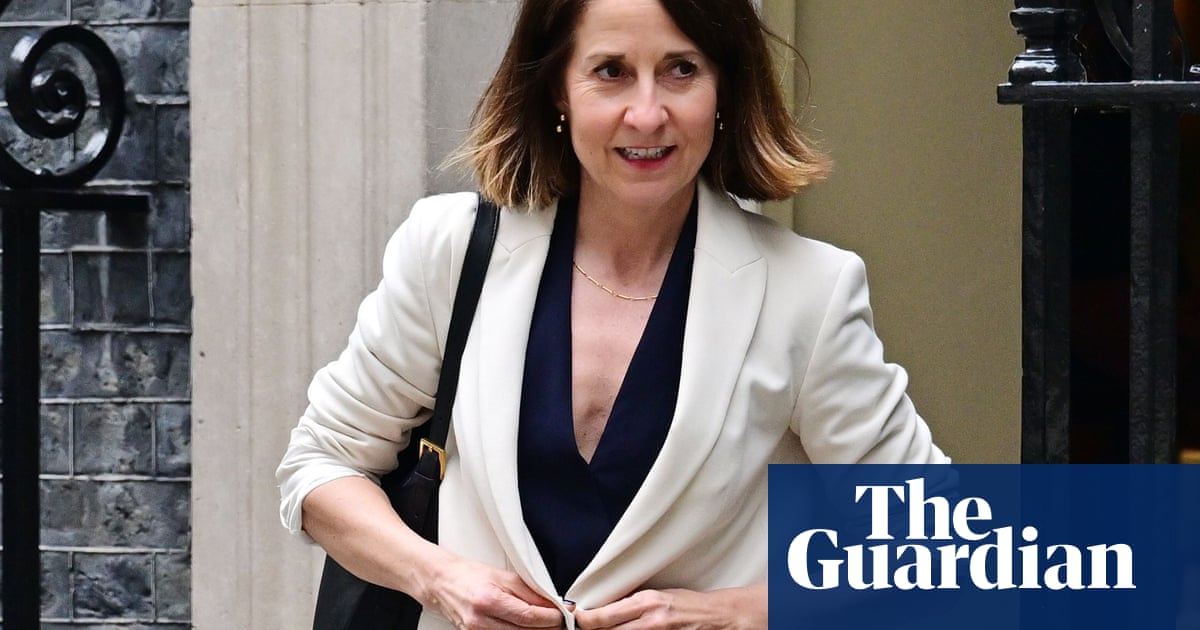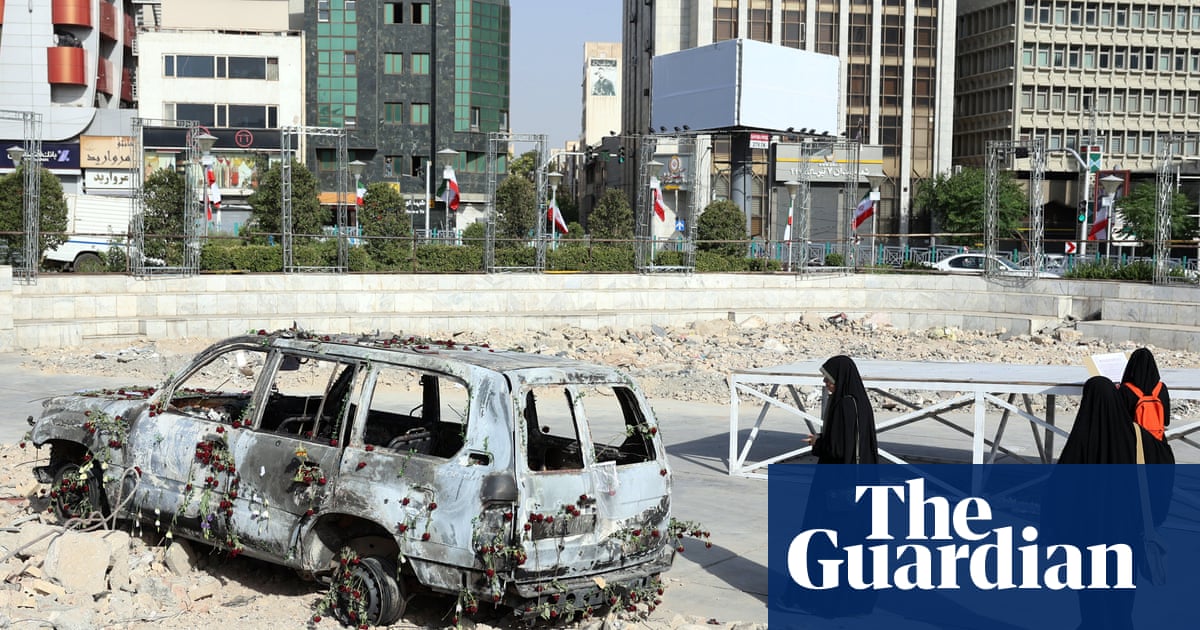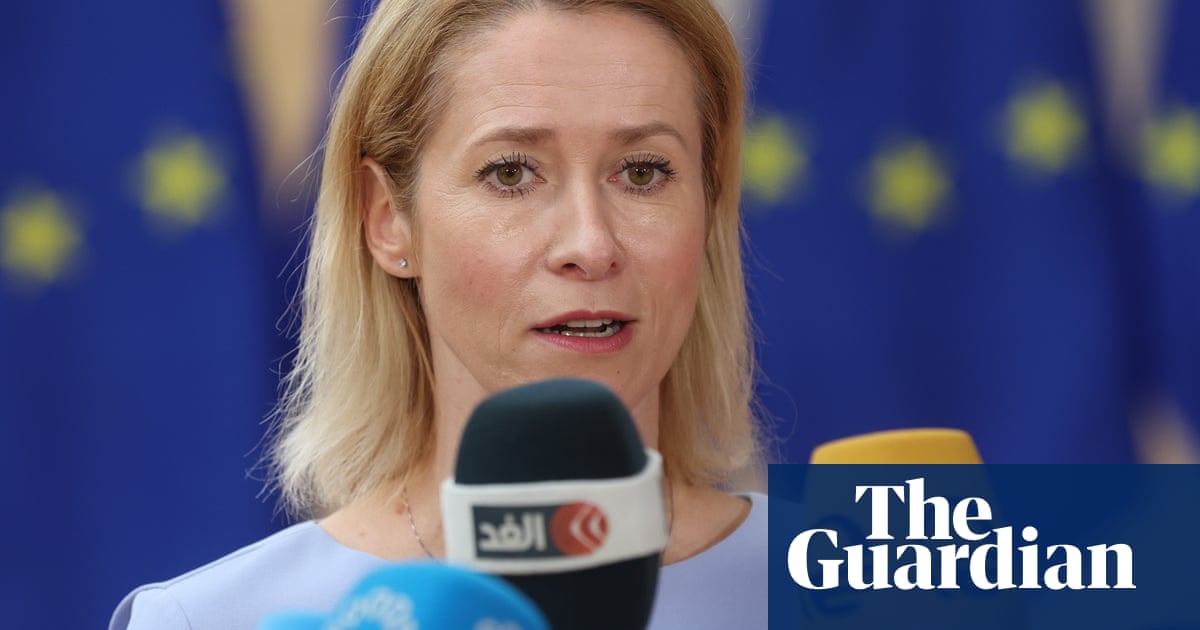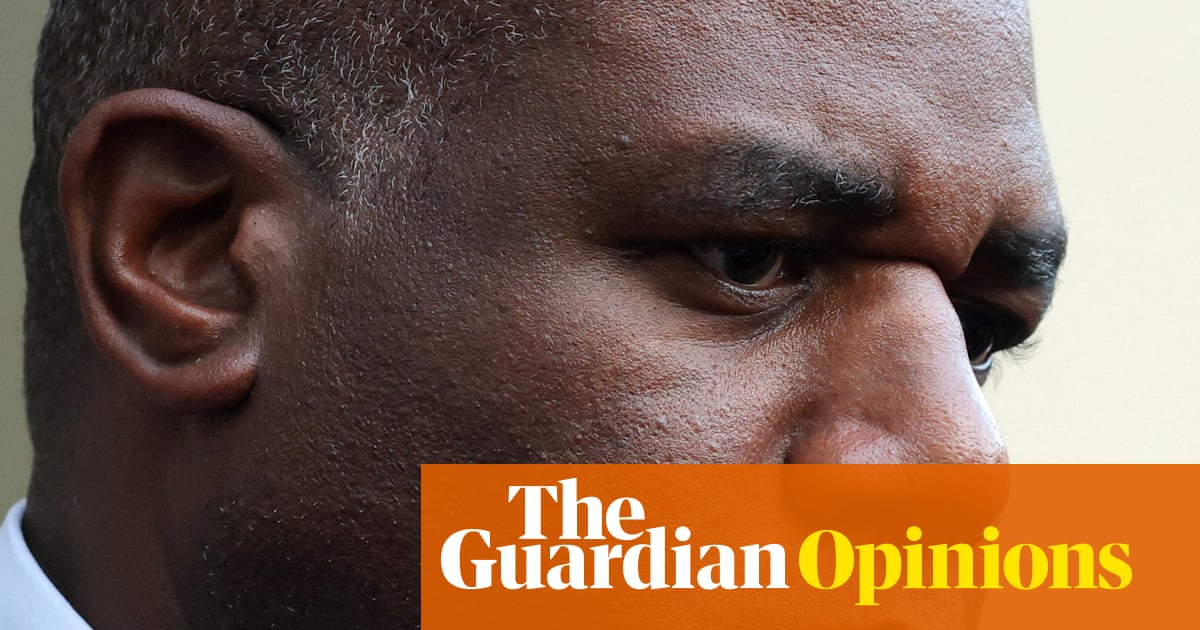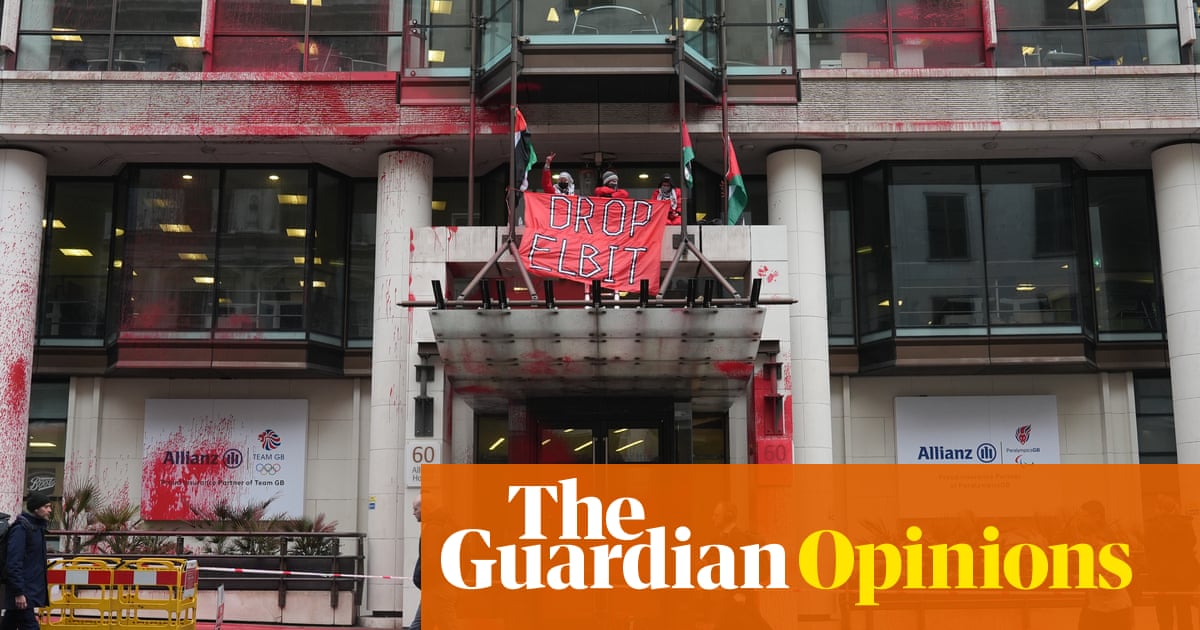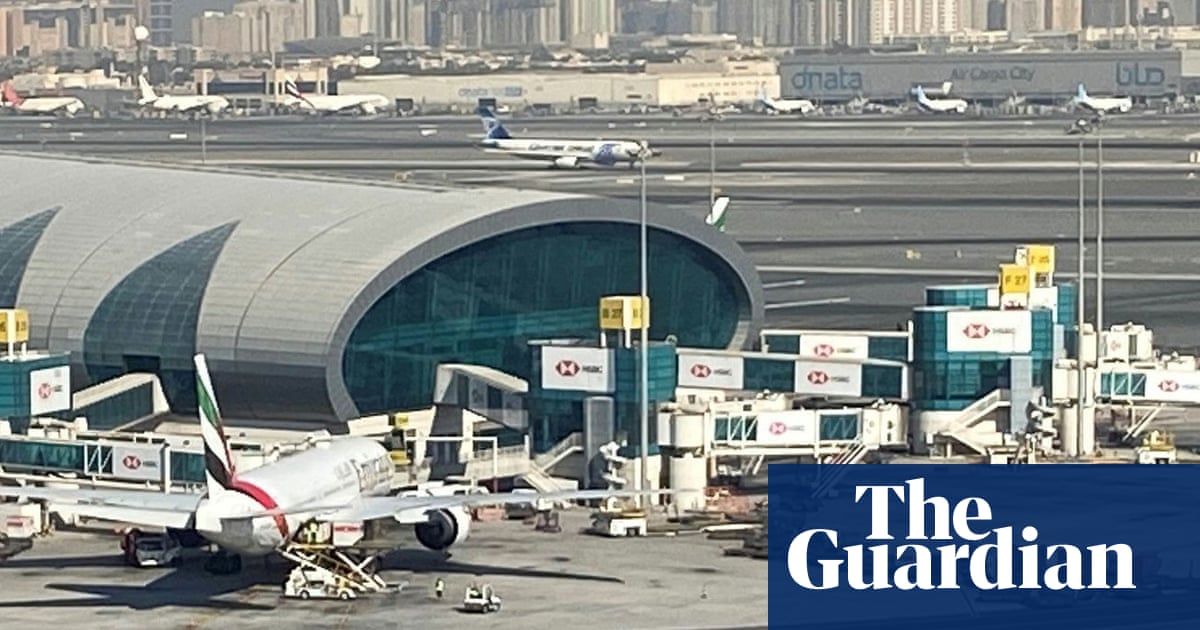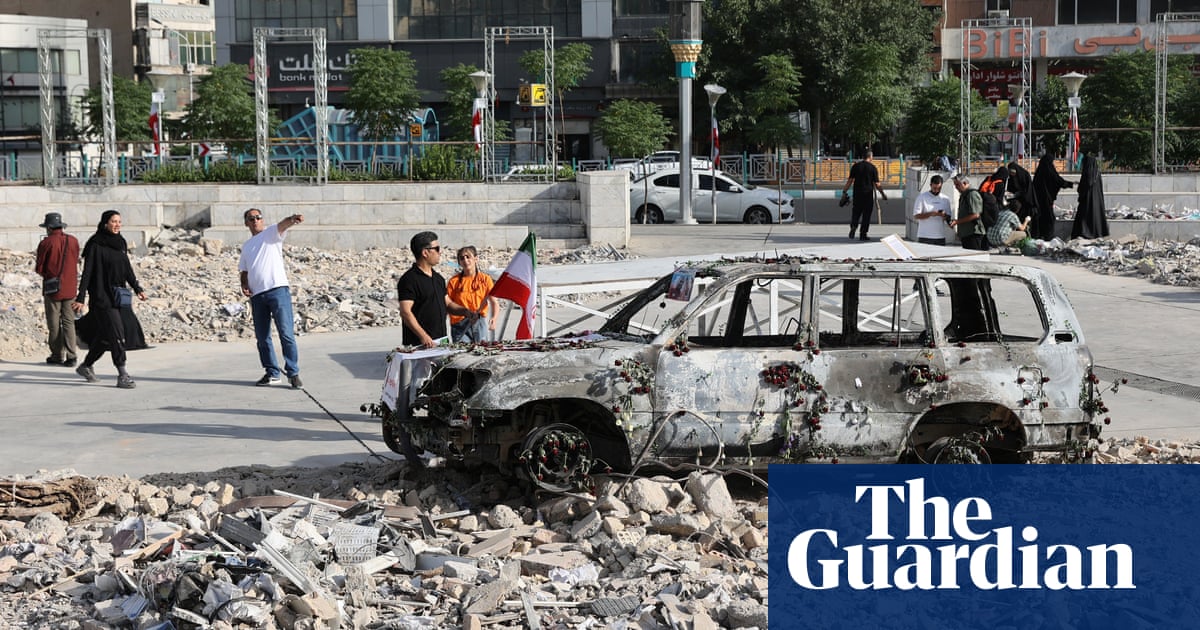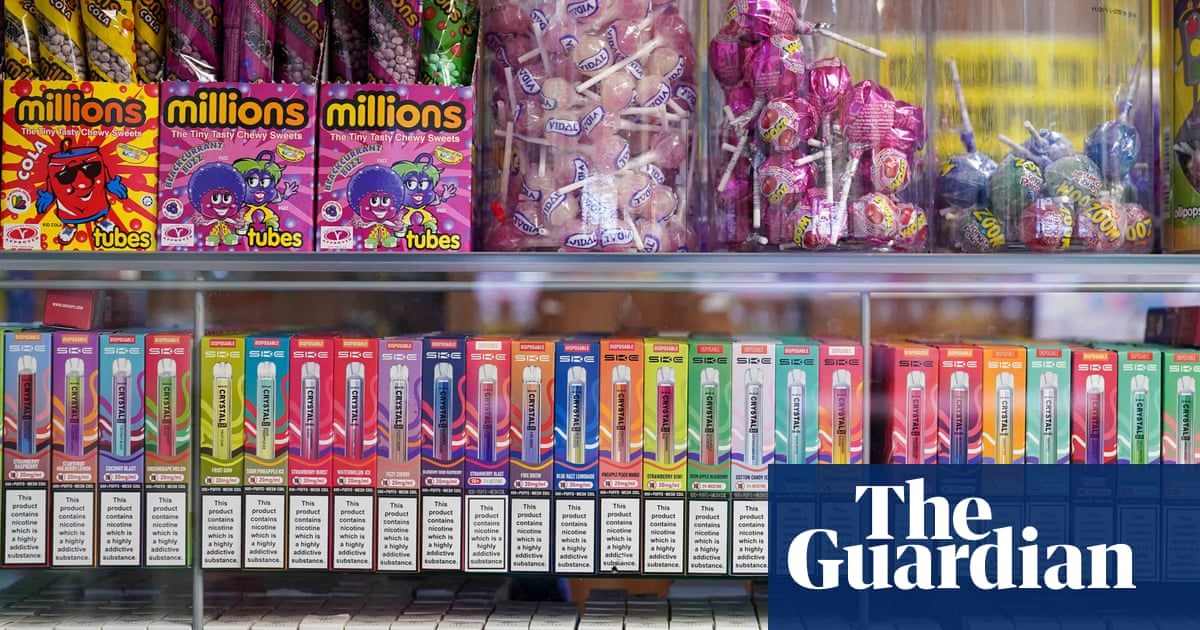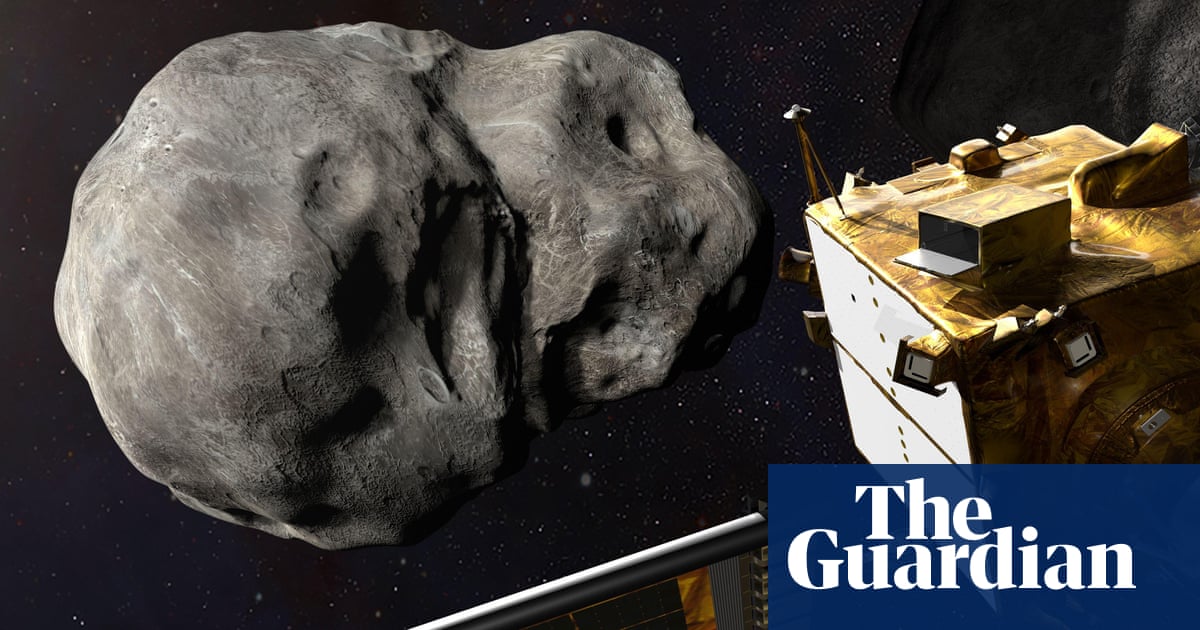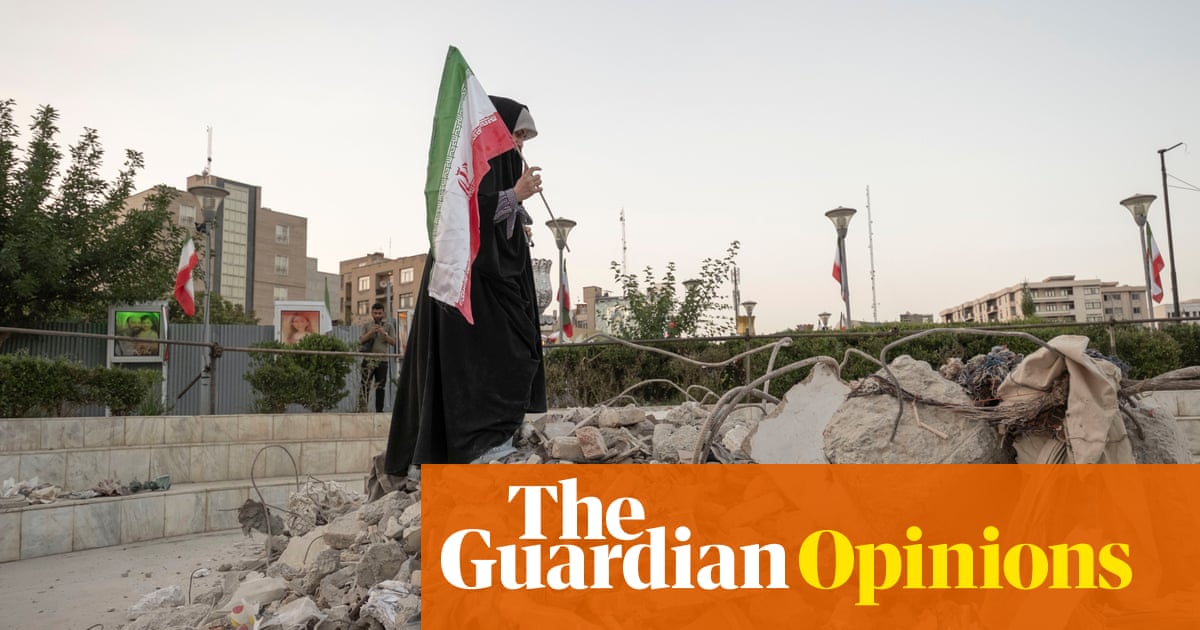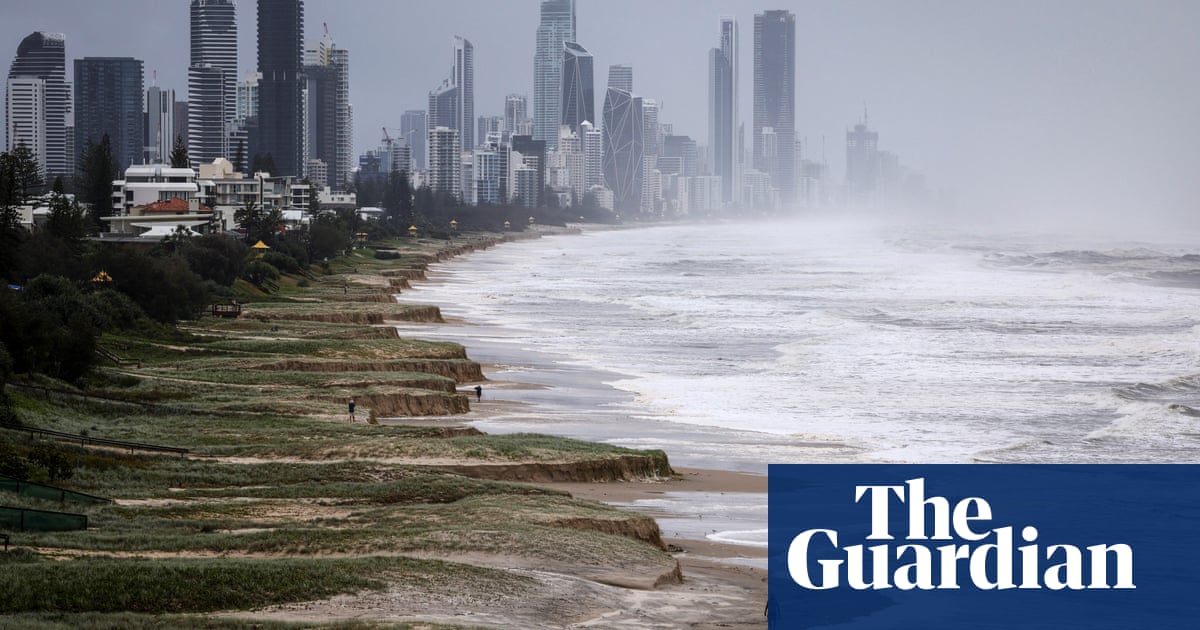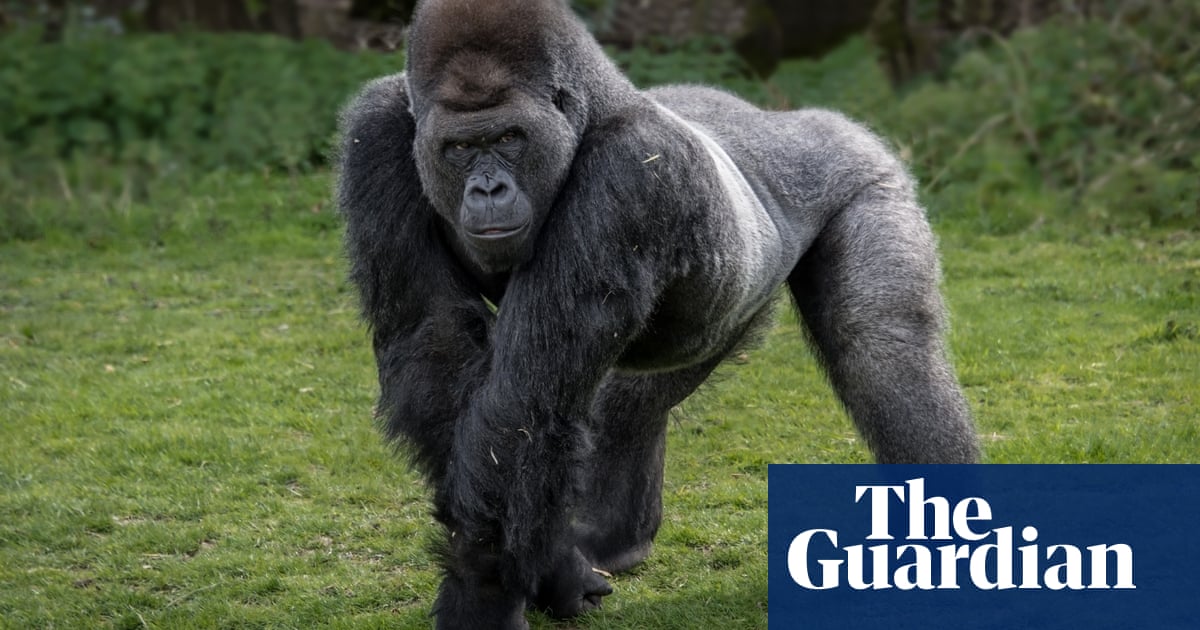On an October day, Jose Jijon rang up a customer’s $35 bag of coffee at a Brooklyn, New York, cafe. The transaction was one of many as shoppers poured in and out of Sey Coffee, one of the country’s most renowned roasteries.
There was no way the patron who browsed the coffee varieties – each identified by producer, location and altitude of the farm – could know the smiling young cashier wearing the Johnny Cash T-shirt was the heir apparent to the coffee farm whose beans they had just purchased.
In 2024, Jose’s father, José Ignacio “Pepe” Jijón, won the most notable producer award from Sprudge, a global coffee community, for the beans from his Finca Soledad (“Solitude Farm” in Spanish). The coffee farm sits atop an ascending switchback road overlooking Ecuador’s Intag valley, about 90 miles north of the capital, Quito. The remote Andean region is a rare cloud forest ecosystem of high altitude, year-round clouds and epiphytes – non-parasitic plants that grow on other plants, such as ferns and orchids. This setting produces the complex acidity, balanced floral notes and dark berry hints that characterize the farm’s much-coveted coffee.
The year 2023 was also busy for Jose, who has dual Ecuador-US citizenship. He left Finca Soledad to work at Sey in New York, his “city of dreams”.

It’s not yet clear what Jose’s exact dreams are, though; he’s 19 and figuring that out. But his future may take him away from Finca Soledad and what seemed to be a preordained path in the family business.
Around the world, farmers’ would-be heirs have long been drawn to possibilities beyond agriculture. Pepe recently read the US farmer-writer Wendell Berry’s 1977 book The Unsettling of America: Culture and Agriculture. Berry wrote of this phenomenon: “Few of the farmers’ children will be able to afford to stay on the farm – perhaps even fewer will wish to do so, for it will cost too much, require too much work and worry, and it is hardly a fashionable ambition.”
Multiple factors threaten the viability of coffee farming: climate change, competition from large-scale coffee corporations that drive down prices with lower-quality offerings and low farm wages, and consumer expectations that coffee should be cheap.
In Ecuador’s coffee industry, where the average age of a producer is about 60, the generations positioned to take over are weighing such factors and seeing what life in cities elsewhere – in their home country or abroad – may hold. At precisely the moment that specialty coffee consumption is reaching decade highs and coffee prices are setting records, many smallholder farms that supply 60% to 80% of the world’s coffee may struggle to survive a dual crisis of sustainability that’s not just about environmental change but also the lack of successors.
Must a son follow the father?
Jose speaks matter-of-factly about the challenges of coffee farming.
“In the rural parts of Ecuador, being a coffee producer is seen as a job that’s destined to be extremely harsh and not well paid,” he said. He fears burnout would push him away from the land that’s given his family a livelihood.
He’s seen the challenges first-hand. As profitable as Finca Soledad is now, it wasn’t always fruitful. When Jose was a boy, his father and his grandfather, then an Ecuadorian diplomat, endured failed forays into sugar cane, commodity coffee and bananas that earned them $2 for every $100 they spent. They were losing money on their joint endeavor and farming more acres than they could manage, but these were some of the best times Pepe remembers. Just four years ago, Finca Soledad was nearly bankrupt.

Jose and his older sister Kassandra, who moved to California, are versatile coffee professionals who have worked on both the production and barista sides of the business. Both want to stay involved in Finca Soledad and the coffee industry as their careers, but neither sees their future resting solely on the farm.
Jose knows his interests will change over time, and he’s entertaining many options. Some days, he’s interested in fashion or technology; other days, business school. Regardless, he wants to change the narrative of Ecuadorian coffee farming. And he might do that – precisely by subverting expectations and not taking over Finca Soledad. In the male-dominated and ageing coffee sector, producers’ children are pushed to inherit the business and its responsibilities.
Pepe hopes his 2024 decision – which Jose encouraged – to purchase a second farm, Finca San Pedro, in Ecuador’s prominent Loja coffee region, will do the quiet work for him.
“San Pedro needs a lot of energy right now,” Pepe said. “And I think Jose would enjoy that a lot because it’s something he would be a part of from the beginning.” Regardless, he continued: “I live on borrowed time, I’ve had so much good life that everything that happens to me now is a gift.”
Pepe, 50, achieved fame as an explorer in a mountain-climbing career before repeating such success in coffee by taking risks. He wants the same freedom of choice for Jose, whose aspirations meander from going to college in New York or taking on a part-time role at Finca Soledad. Pepe’s not pressing Jose to become the coffee farm’s contingency plan and generally abstains from persuasion.
Instead, he’s enjoying the high, more concerned with conservation and producing the best coffee possible. “My coffee venture, it’s more than enough for me to feed my family and continue making this a greener planet,” Pepe said. Rather than extracting everything he can from the land, he intends to reserve more than 250 unplanted acres of land and live a life of “seclusion and trees” at Finca Soledad.
There, nature’s freedom is intoxicating. Thick clouds seep into the valley at dawn and push against the Pepe’s bamboo home. There are no mirrors, clocks or televisions in the house, but ceramics for leisurely coffee sipping, hammocks and Jimi Hendrix records. It’s a mellow, no-shoes place that reflects Pepe himself (Lance Schnorenberg, Sey’s co-founder, described him as a “vibes guy”). He tends to walk around Finca Soledad with his arms spread wide in wonder. He sees coffee as “medicine for the soul” and, when produced ethically, “a tool for revolution”.

However laidback, Pepe does hope that his son will participate in the business – in some way. Raised on the farm, Jose said that coffee “brought me and my dad together” along with other commonalities: abstaining from politics, a preference for nature-based spirituality over religion and a fondness for American rock.
But decisions about family businesses don’t always have unifying effects, even among the Jijóns. Pepe and his own father once had competing visions of what the farm could be. Pepe’s father wanted to center production for profit. Pepe wanted quality and conservancy, so his father wanted to sell the land. Pepe couldn’t fathom selling what had become his escape after a motorcycle accident tanked his climbing career. Eventually, Pepe’s father left Finca Soledad.
Having endured one father-son disagreement over the farm’s purpose, Pepe sought to share his devotion with Jose. At first, he couldn’t get his son to interact with coffee without paying him. Absent any epiphany, Jose’s relationship with coffee evolved. He witnessed Finca Soledad achieve global reach during the Covid-19 pandemic, and his interest grew while experiencing the brewing, roasting and tasting side in the US.
Now, when the pair are “cupping” coffee, identifying flavor notes and indicators of their processing, Pepe asks Jose what he tastes. In early 2024, the then 18-year-old was perched in one of Soledad’s cedro trees, meticulously pruning its branches. Pepe guided each strike of the blade from below.
At coffee events, the back-and-forth banter between Jose and Pepe shows the kind of entrenched friendship for which many fathers and sons long. While at the Specialty Coffee Expo in Chicago in April, Pepe joked that Jose was taking over Finca Soledad, implying his son should be the subject of fans’ selfies. However, sitting on his porch high above the Intag River, Pepe said regardless of his opinions on city life and formal education (two options that appeal more to Jose than him), he accepts the farm’s unknown fate and that his son’s path may diverge from his own.
A tough transformation
Multigenerational coffee farms are shuttering all around the Intag valley. The small region of about 17,000 people has seen 1,000 coffee farms dwindle to about 100 mostly because of mining activities, said Ena Galletti, the president of Ecuador’s specialty coffee association. Coffee farmers have left to pick oranges in Spain and work for $50 a day in Intag’s illegal mines.
“If they can’t live good lives, why would we expect them to stay? It’s a huge problem,” Sey’s Schnorenberg said. “The future of what Pepe is hinges on this getting talked about.”
Finca Soledad is showing a way forward in how it deals with labor issues. “When I think of Soledad, it’s more of idealist terms, more of like what specialty coffee could look like,” said Schnorenberg, who has visited and worked with hundreds of coffee farms.
The farm’s rich soil and cool climate – which Schnorenberg says are ideal conditions unavailable to many other producers – produce prized specialty coffee, which in turn allows the farm’s small workforce to be paid nearly three times as much as coffee farm workers earn in neighboring Colombia.
Galletti said: “We’re having a lot of difficulty trying to do generational transition. [Coffee farming is] hard work and little money; that’s what [many young workers] have in their head. But that’s because they’ve been trying to work in commercial coffee,” sold in bulk and often produced at the expense of fair wages and quality.

A former producer herself, Galletti encourages coffee farmers to focus on beans that meet the industry’s highest standards. “We have managed to find not a solution but a mitigating strategy, which is working towards finer specialty coffees,” she said. “We have to make this transition” to provide laborers better quality of life, staunch the flow of workers out of the industry, and protect an increasingly endangered and incredibly biodiverse region.
Still, Finca Soledad’s transition to specialty coffee was tough. Twelve years in, hard labor sequestered in the Andes wasn’t paying off, and Pepe had a family of four. But thanks to boosts from the “beautiful vessel” of social media and the pandemic, Soledad’s products are now in high demand. Ben Morrow, co-owner of the Netherlands-based Manhattan Coffee Roasters, said of Finca Soledad’s award-winning coffee: “I want all of it, forever, [but] because of his popularity, I can’t get enough.” When he can get it, it sells out in days.
Just as Soledad’s 2024 coffee – which Schnorenberg described as “lightning in a bottle” – reached buyers, a historic four-month drought during Ecuador’s rainy season nearly depleted the farm’s upcoming harvest. Jose has returned to Soledad and will help his father tend drought-stricken plants, automate tasks and document successful methods of past harvests.
Given all coffee has done for his young life – including trips to coffee events in Copenhagen and Taiwan last year – Jose doesn’t see himself going too far from the nature conservancy mission that epitomizes Finca Soledad. Increasingly worried about the intergenerational threat to coffee, he plans to spend the year visiting rural schools in Ecuador to teach kids about coffee.
“I want to show kids you can have an incredible life being a coffee producer. Even if I can get one kid to try and start coffee, it will be worth it,” Jose said. “Coffee producing is a dying profession. These farmers, who are now 60 years old, at some point will stop. What happens then? That’s a ticking bomb.”
Come 2026, Jose hopes to be back in New York, next time to study.
“I don’t want to just live behind my dad’s shadow all my life, I don’t want to be a groupie to my dad,” Jose explained. “I want to be better than my dad, and he’s always told me that too.”

.png) 3 months ago
46
3 months ago
46

